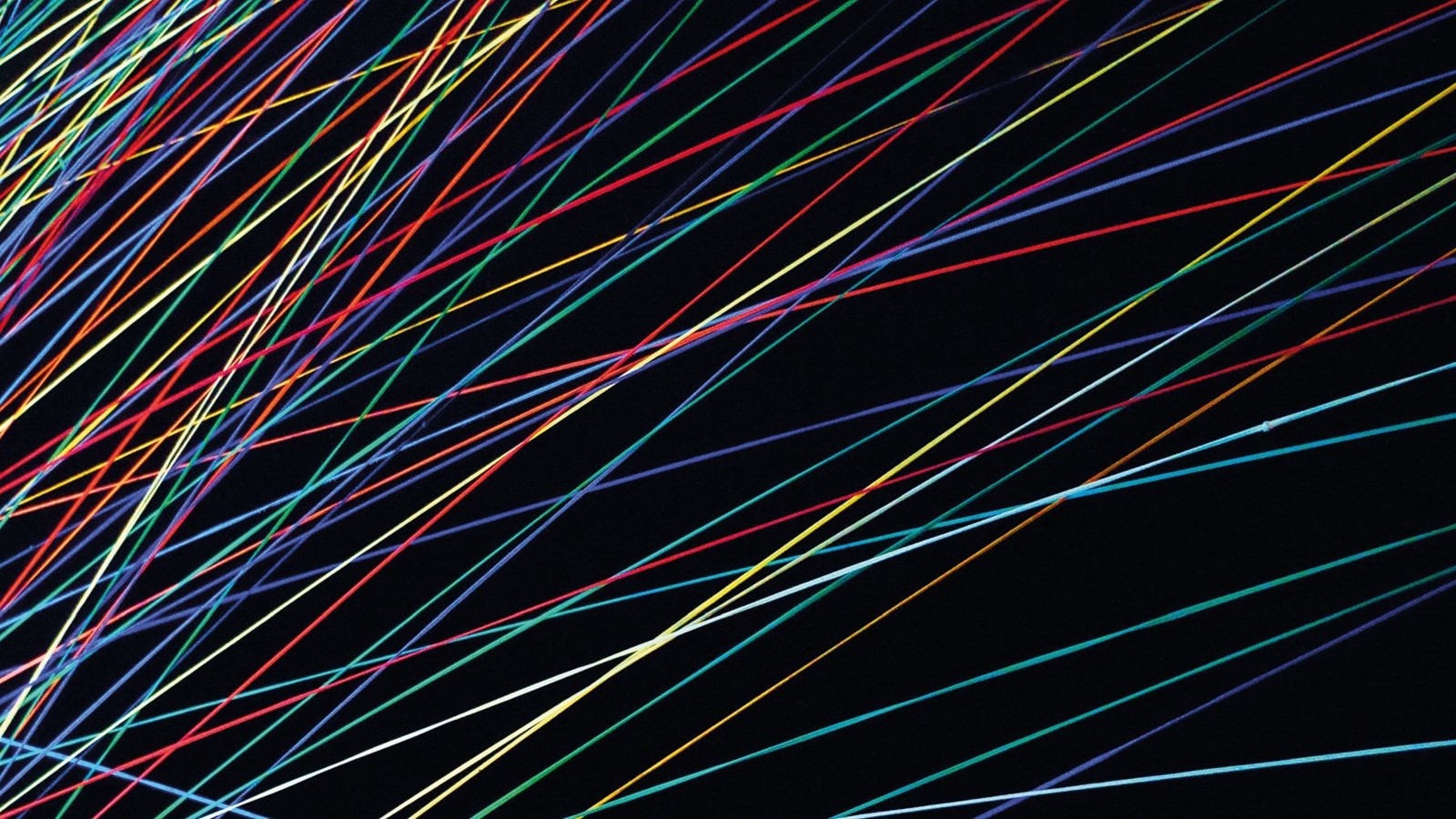Imbolc is the ancient Celtic word for the beginning of spring. It translates dually as ‘in the belly’ and ‘cleansing’, indicating the awakening of the earth to new life as light increases and ice melts. What has lain dormant beneath the soil now begins to send forth shoots of possibilities.
I wonder how 2020 has begun for you. Perhaps you are very much in tune with the spirit of Imbolc and find yourself in budding form. Or perhaps you are attuned to a very different seasonal mode in your personal or professional life.
I have been confronted with stark seasonal variations over the past few months. An autumn highlight was delivering the keynote address for BACP at the International Social Justice and Counselling Conference in Belfast.1 It was an immense privilege to represent the BACP Spirituality division at this conference and to engage with colleagues keen to develop a model of social justice counselling. Presentations were focused on how therapists and services were integrating spirituality, advocacy, mediation and compassionate witnessing, informed by the Multicultural and Social Justice Counselling Competencies framework.2 Follow-up plans from the Belfast conference, such as co-presenting with the chair of BACP’s Healthcare division, Satinder Panesar, on ‘Poverty, Inequality and Social Justice’ in March in Cardiff, will now be rescheduled, due to the corona virus outbreak.
At the close of last year, I was met with a sudden traumatic loss, leading to time apart to attend to the grip-hold of grief on my body and soul. I recalled how often I have heard clients speak of the pain of their loss, by saying, ‘It’s beyond words’. I too had no words for weeks. I found comfort in the sparsity and spaciousness of the jisei death poems of Japanese Haiku poets. One poem in particular, by Bassui Tokusho, gave direction and hope:
Look straight ahead. What’s there?
If you see it as it is
You will never err.3
Next in this issue
This poem has been leading me into deep soul searching. I notice the recurring shifts in my perspective between what lies beneath the ground of grief and the ‘beyondness of things’.4 I see, afresh, that my existence on earth is transient, temporal, passing and impermanent. We all die. I need to see that as it is. In the aftermath of this loss, and with an awareness of time-bound existence, concerns about trivial things preoccupy me less. People and relationships are more easily prioritised. I look again at the nature of what lies beyond and, in so doing, experience a deep encounter with the divine. The promise of resurrected flesh is renewed.
I have now returned to therapeutic work and am surprised at how much more deeply I am attuning to the substance and shadows of loss and grief in the lives of my clients. We are finding new ways to enable expression of these losses – in words, music, art, ritual or silence. Nothing is ever wasted.
2020 marks the start of a new decade for BACP Spirituality. Amanda Anderson, our wonderful Thresholds editor, is moving on, after seven years of faithful service in the role. You will see, from the tributes paid to her, how much she was valued, both as a person and professionally, by all who worked alongside her. We welcome Amy McCormack, our new editor, who brings considerable experience, skill and vibrant enthusiasm to the role. She will be delighted to hear from any of you who would like to contribute to the journal.
For a soul-care treat, why not sit and read some Haiku nature poems? They are short, sweet and stimulating for the senses. Even better, why not have a go at writing one? Take a look at these websites for inspiration.
References
1 https://www.bacp.co.uk/bacp-journals/ therapy-today/2019/september-2019/ helping-community-healing/ (accessed 20 February 2020).
2 https://www.counseling.org/docs/defaultsource/competencies/multicultural-and-socialjustice-counseling-competencies. pdf?sfvrsn=20 (accessed 22 February 2020).
3 Hoffmann Y (ed). Japanese death poems. Vermont: Tuttle Publishing; 1986.
4 https://www.classicfm.com/composers/barry/ music/beyondness-things/
